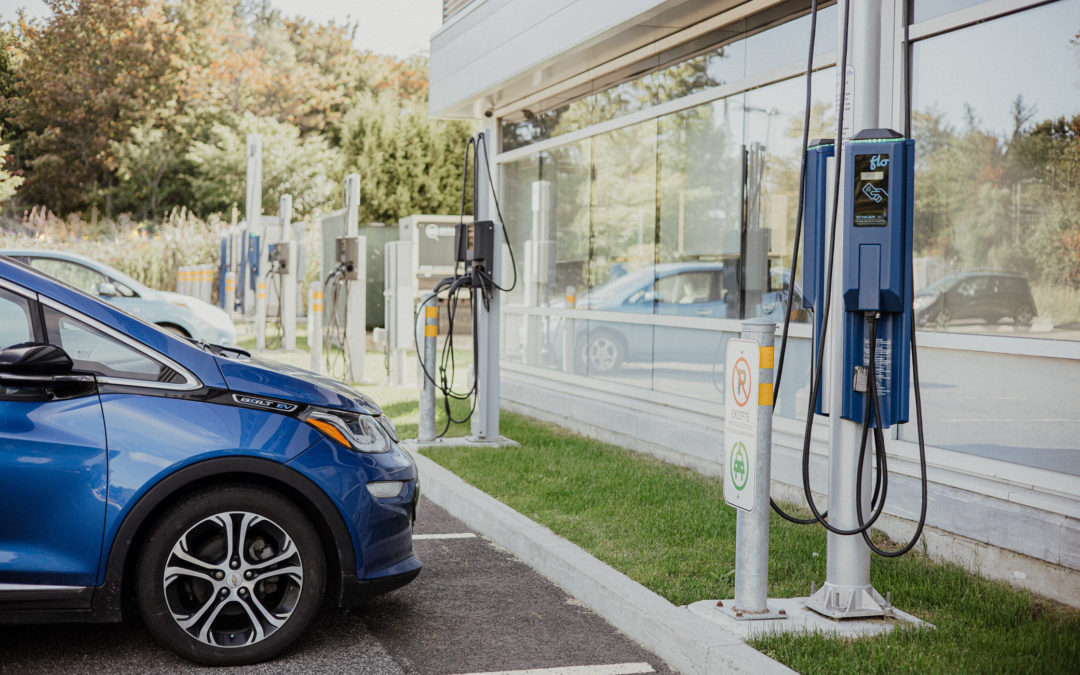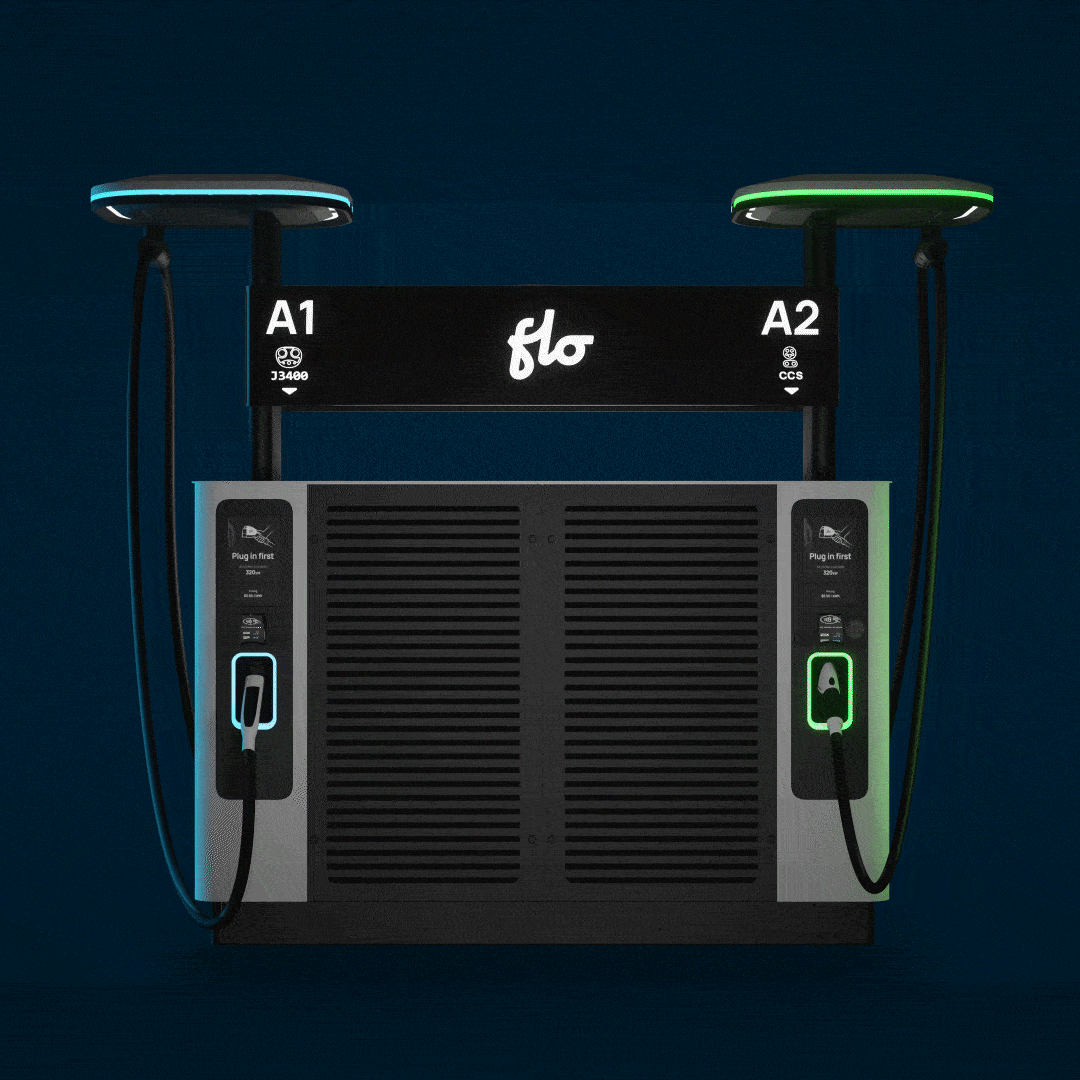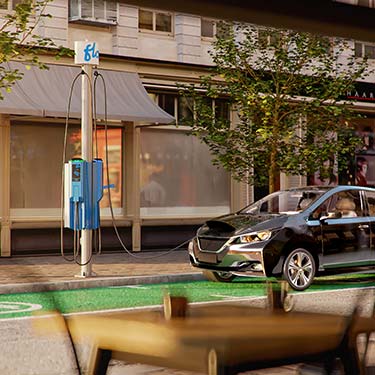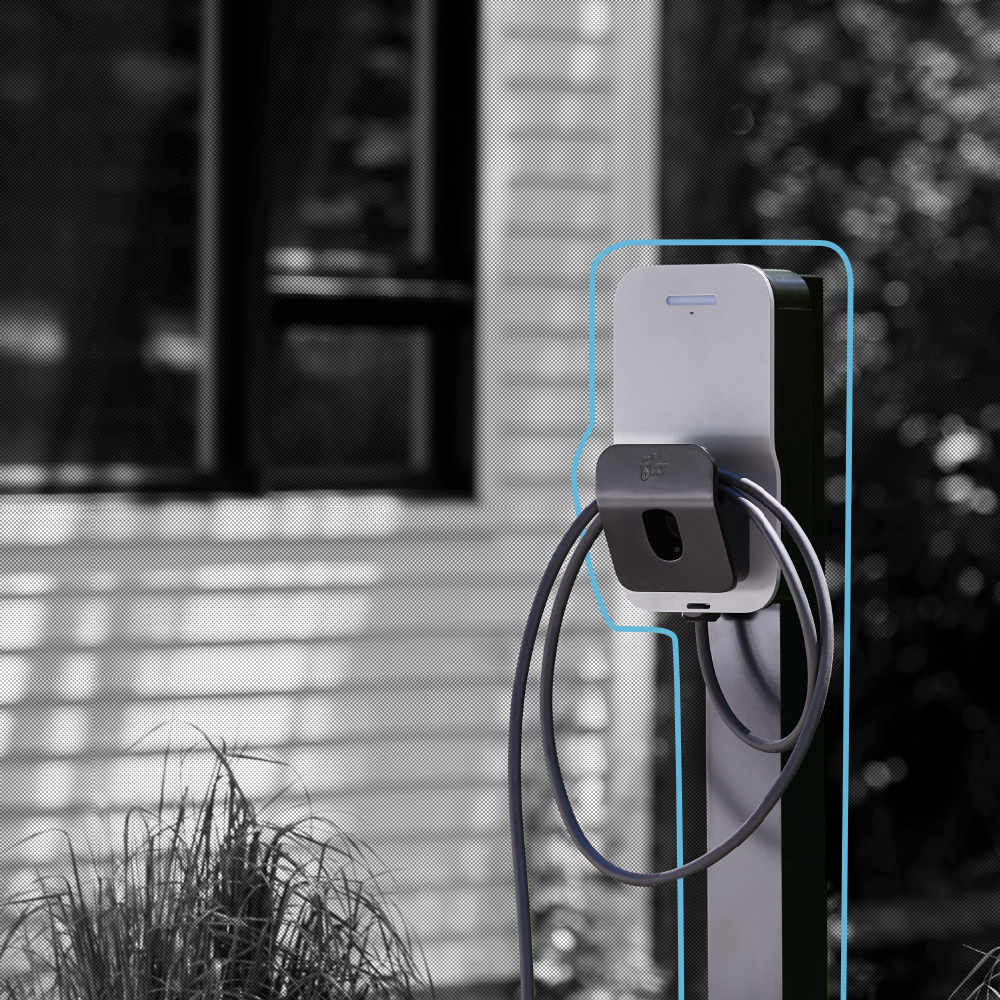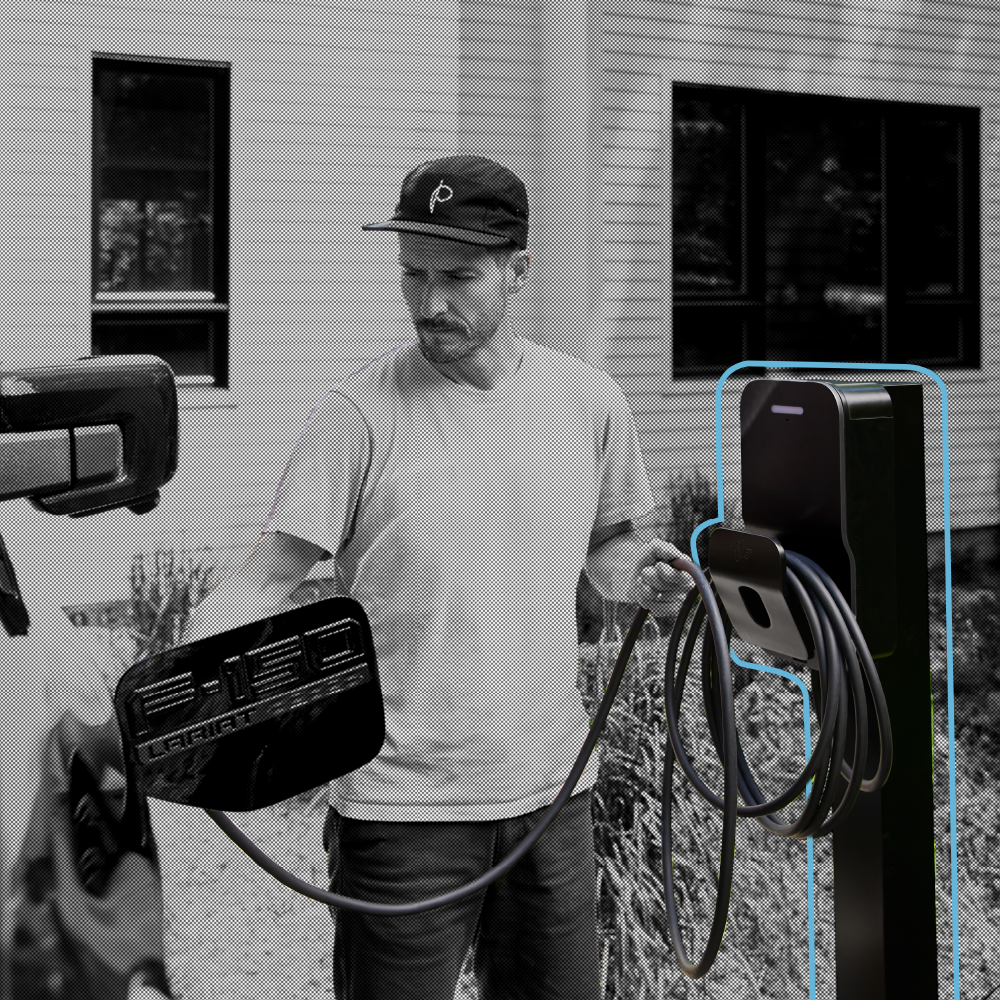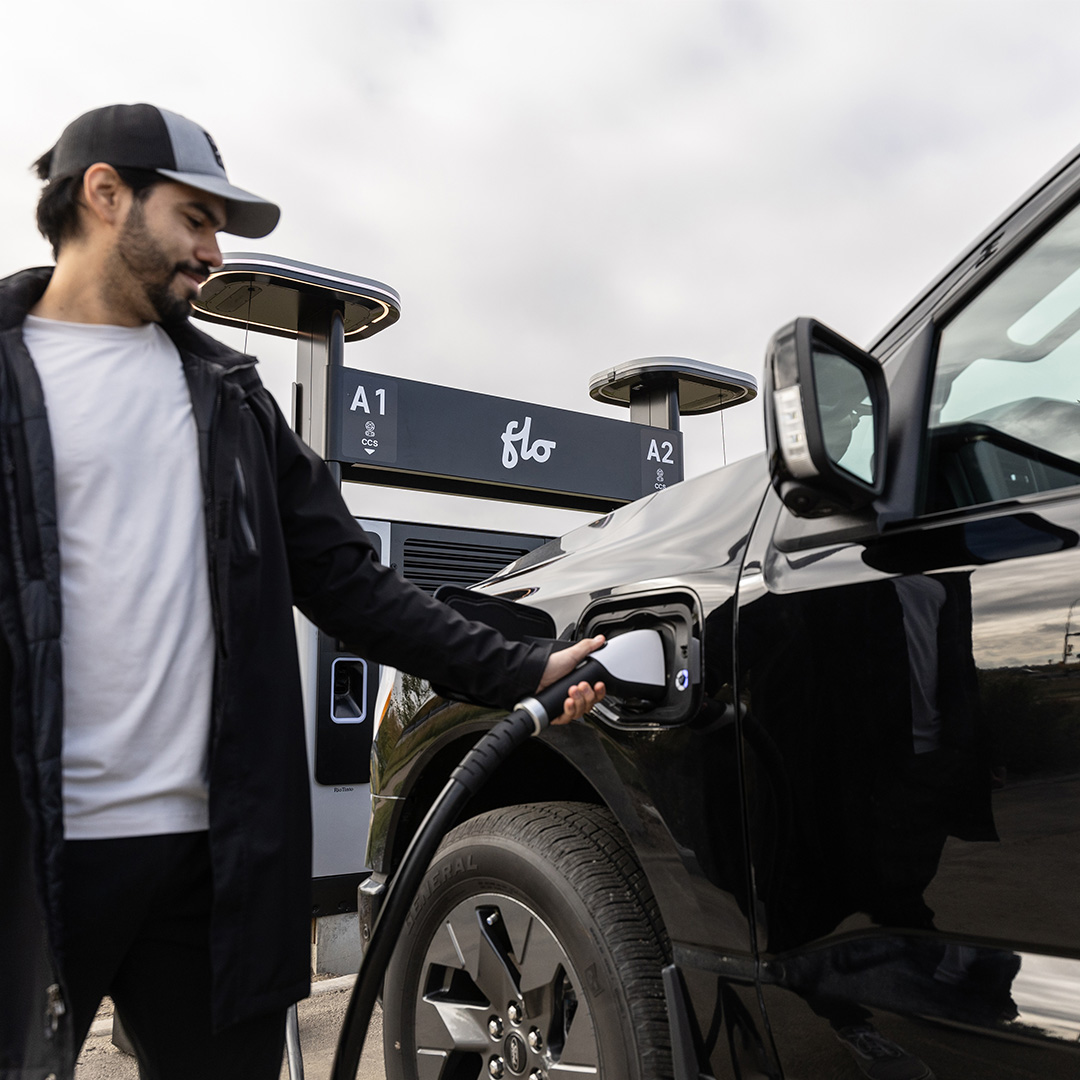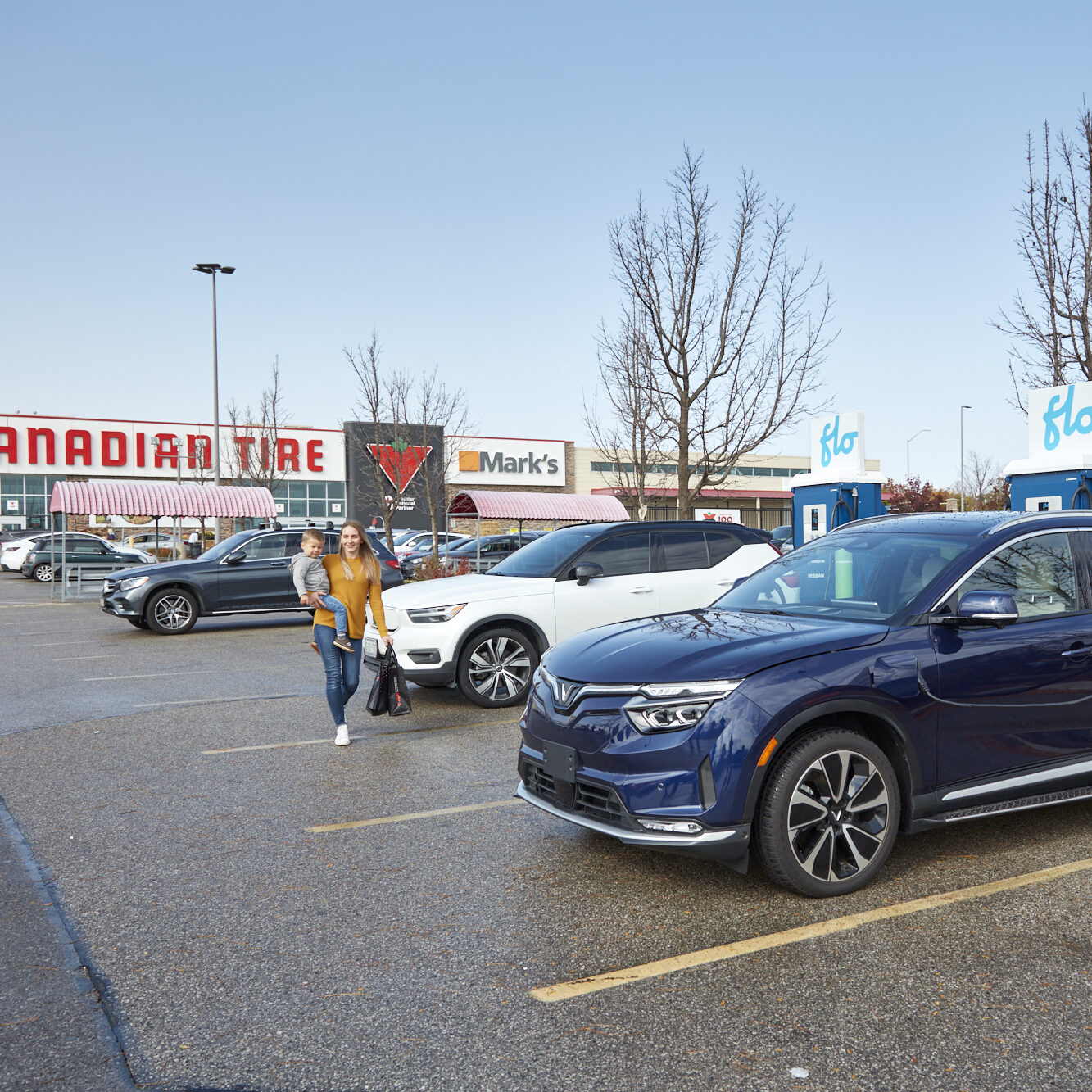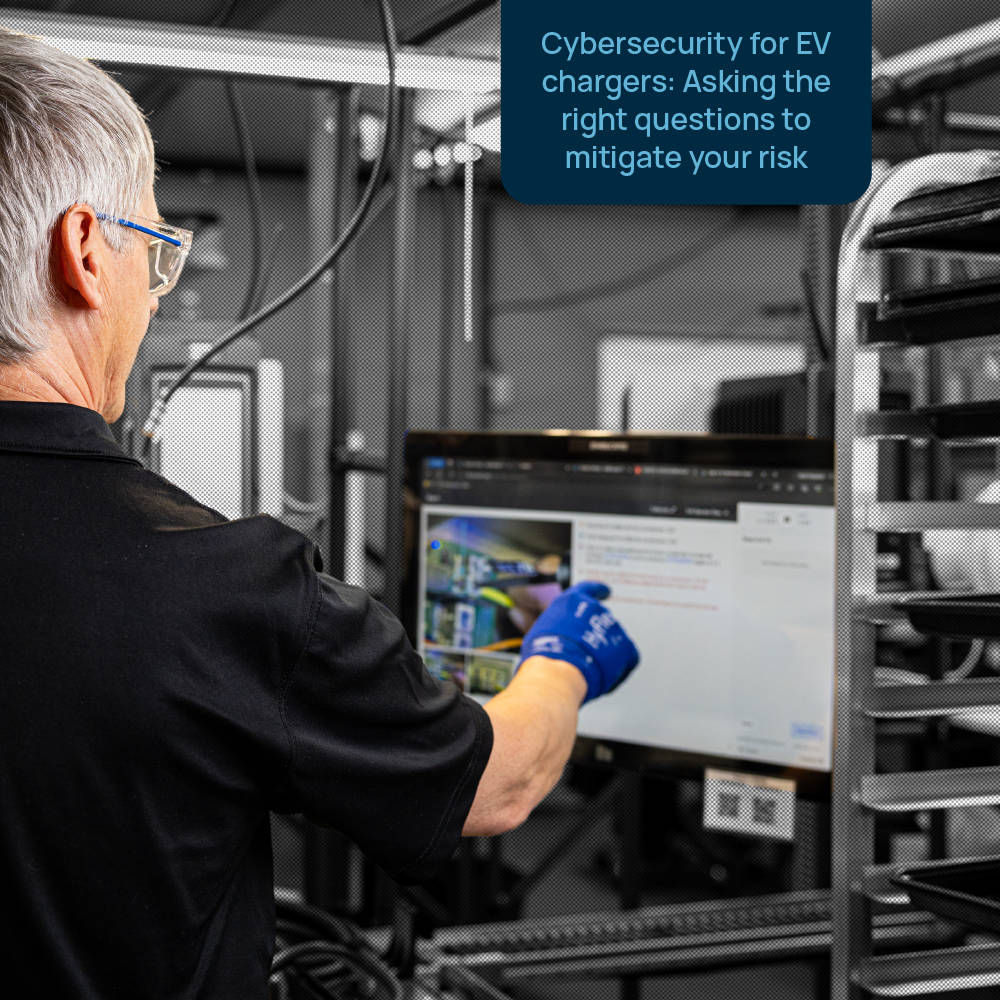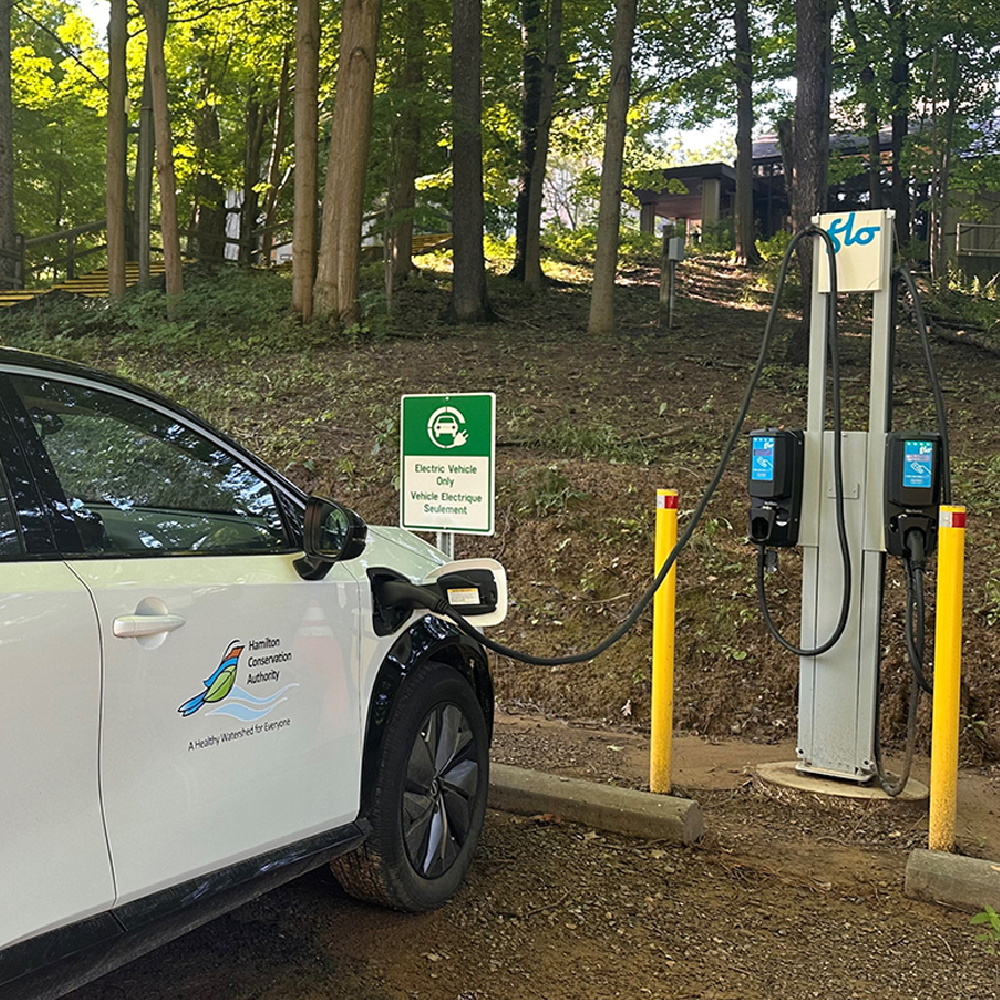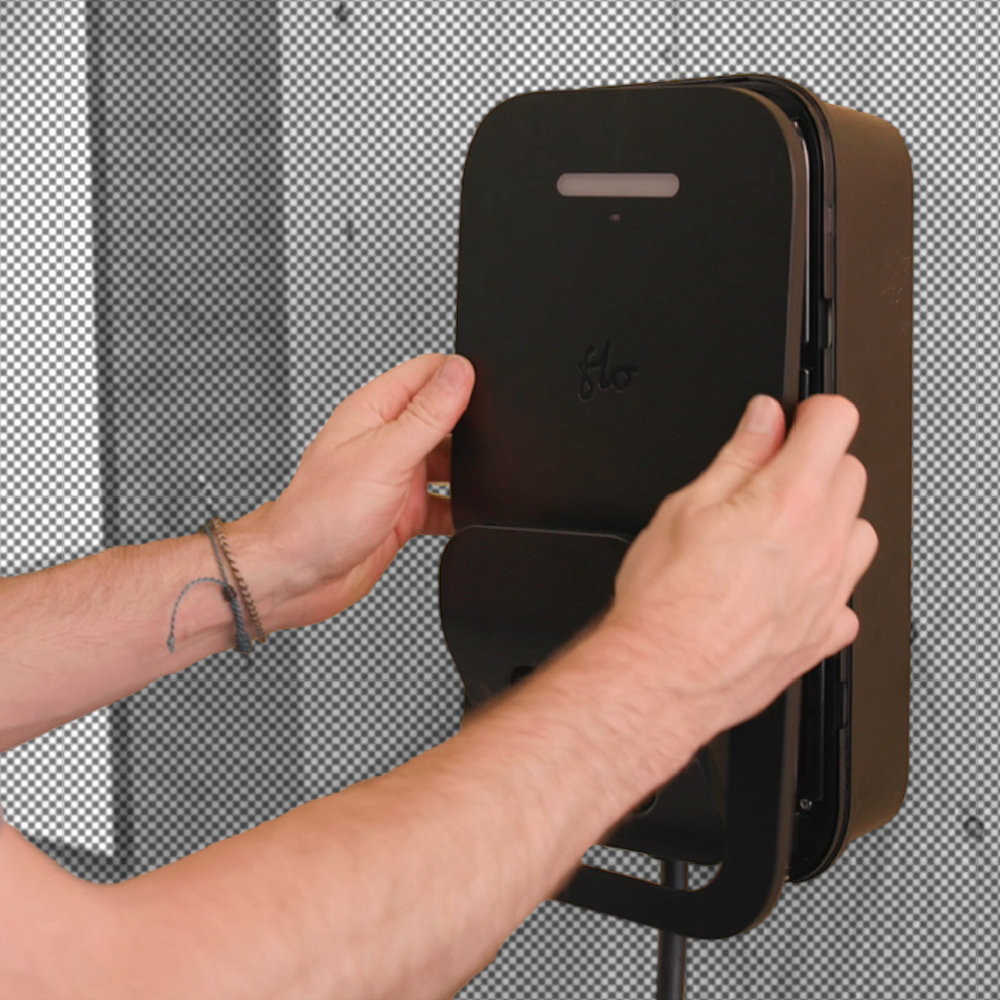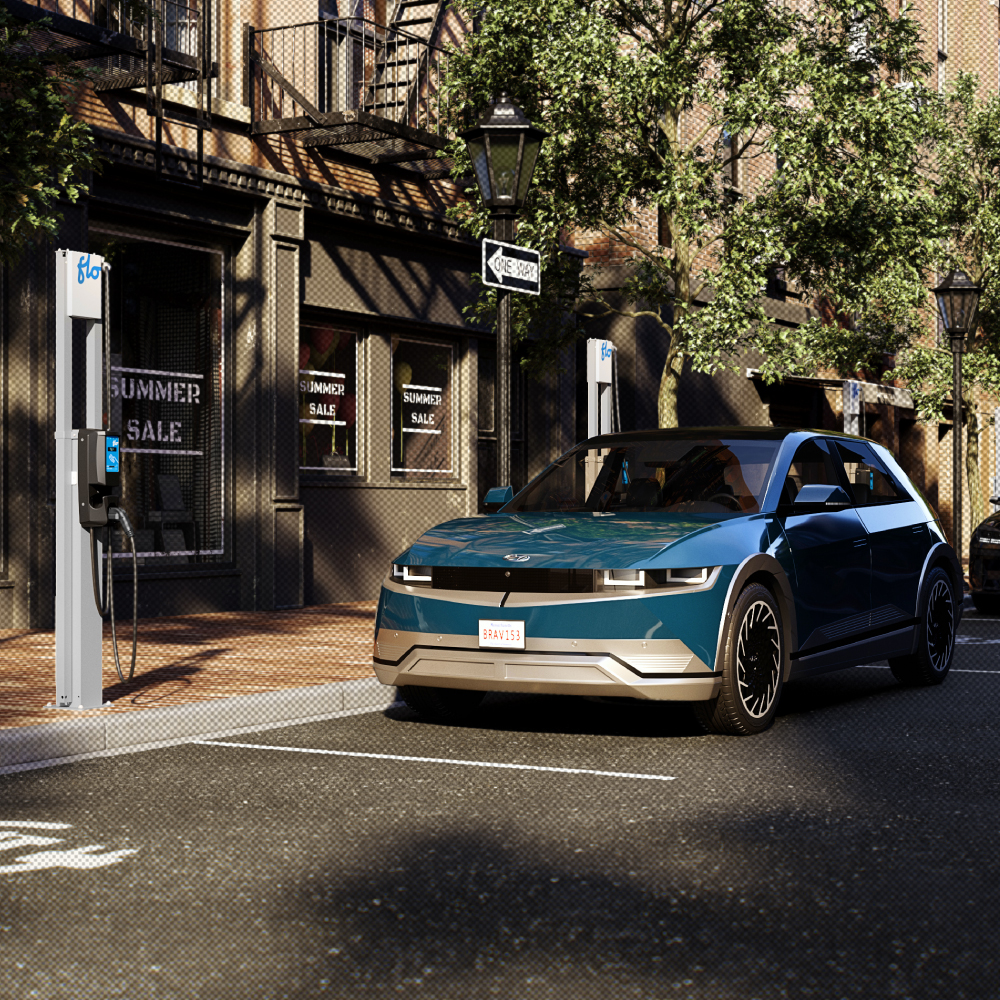Available Incentives:
- Single-Family Residence
- Multi-Family Residence
- Industrial
- Washington EV Charging Program
- Commecial
- Charge Where You Are
- Alternative Fuel Infrastructure Tax Credit
- National Electric Vehicle Infrastructure (NEVI)
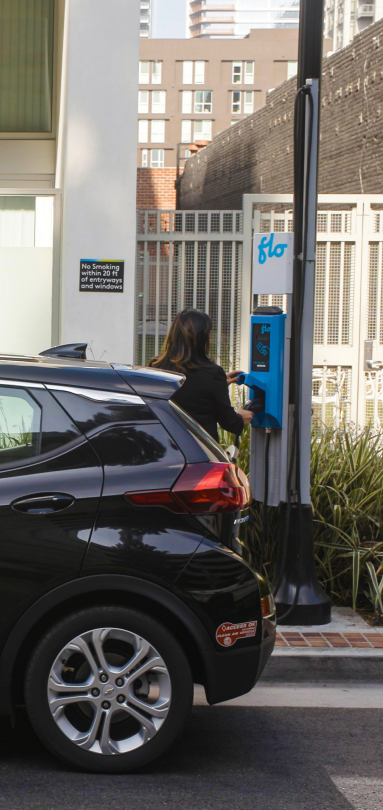
Ready to get started? We can help!
Many utilities in Washington support electric vehicle adoption by providing rebates and incentives towards the purchase and installation of EV charging infrastructure.
Provide your contact information below, our experts will get back to you shortly.
Single-Family Residence
Clark Public Utilities – Electric Vehicle Program
Offered by Clark Public Utilities, this program offers up to $500 towards the purchase and installation of a Level 2 charging station in a single-family residence. Learn more about the Clark Public Utilities Program →
Tacoma EV Charging Program – Public Utilities
Offered by TPU, this program offers up to $400 towards the purchase and installation of a Level 2 charging station in a single-family residence. Learn more about the Tacoma Public Utilities Charging Program →
Snohomish PUD – Residential EV Charger Rebate
Offered by Snohomish PUD, this program offers up to $350 towards the purchase and installation of a Level 2 charging station in a single-family residence. Learn more about the Snohomish PUD Charging Program →
Multifamily
Seattle City Light – Multifamily EV Charging Program
The Seattle City Light Multifamily EV Charging Program offers incentives to multifamily properties looking to install EV chargers. This program offers up to 100% of project costs (up to $50,000) for the installation of Level 2 charging stations at multifamily buildings and condominiums. Visit the Seattle City Light website.
Tacoma Public Utilities – Community EV Charging Rebate
Tacoma Public Utilities provides rebates to businesses looking to deploy Level 2 charging stations for public use or to multifamily properties looking to deploy EV chargers for their tenants. TPU customers can receive up $5,000 per port (up to $50,000 total project rebate). Learn more about TPU’s Community EV Charging Rebate →
Washington Electric Vehicle Charging Program
Through Washington Department of Commerce’s Washington Electric Vehicle Charging Program (WAEVCP), qualifying businesses and organizations could receive funds to cover costs associated with the purchase and installation of DC fast chargers (DCFC). You could receive up to $85,000 per port when installing DCFC in public locations in the state of Washington. Learn more about Washington State EV Charging Program →
Commercial
Clark Public Utilities – Electric Vehicle Program (Commercial)
Qualifying businesses, including non-profits and municipalities, may be eligible to a tax credit of up to 30% when purchasing and installing electric vehicle (EV) charging infrastructure. The 30C tax credit now covers up to $100,000 per charger installed in locations that meet certain geographic requirements. Businesses must claim the credit on their federal tax return. Current 30C tax credit expires on December 31, 2032. Visit the 30C Alternative Fuel Infrastructure Tax Credit Website → .
Charge Where You Are: Level 2 EV Charging (Round 2)
Public and private entities in the state of Washington are eligible for round 2 of the program. Public organizations, tribal governments, businesses, and non-profit organizations looking to install 4-10 Level 2 charging plugs can receive up to $10,000 per charging station. Visit the Charge Where You Are website.
Alternative Fuel Infrastructure Tax Credit
Qualifying businesses, including non-profits and municipalities, may be eligible to a tax credit of up to 30% when purchasing and installing electric vehicle (EV) charging infrastructure. The 30C tax credit now covers up to $100,000 per charger installed in locations that meet certain geographic requirements. Businesses must claim the credit on their federal tax return. Current 30C tax credit expires on December 31, 2032. Visit the 30C Alternative Fuel Infrastructure Tax Credit Website → .
National Electric Vehicle Infrastructure (NEVI) Formula Program
The National Electric Vehicle Infrastructure (NEVI) Formula Program allocates $5 billion in funding to states to deploy EV fast chargers along designated alternative fuel corridors nationwide. The program provides funding for up to 80% of eligible project costs. In addition to the Federal Highway Administration (FHWA) minimum standards, each state can also set its own NEVI requirements. Visit the NEVI Formula website.

FLO is a leading North American electric vehicle charging network operator and a major provider of smart charging software and equipment. FLO has worked with hundreds of organizations across various incentive funding programs, and can offer you support and expertise to determine the ideal EV charging infrastructure best suited to your needs and navigate the application process.
Benefits of choosing FLO:
- A North American made solution
- Robust and reliable charging stations
- Leading industry-rated solutions for all environments, including extreme weather and vandalism-prone areas
- 24/7 EV driver support from a North American-based call center
- Roaming access to several major North American charging networks, including ChargePoint and Shell Recharge
